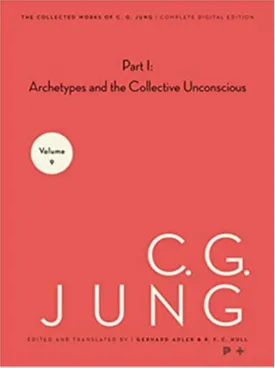Carl Jung
Carl Gustav Jung, commonly referred to as C.G. Jung, was a Swiss psychiatrist and the founder of analytical psychology. He was born in the small village of Kesswil, Switzerland on July 26, 1875 to a pastor and faith healer. Jung’s formative years were marked by a deep reverence for the spiritual world, and his work has been historically grounded in his interest in mysticism, mythology, and philosophy.
In his long and distinguished career, Jung is credited with a number of significant contributions to the fields of psychology and psychotherapy, including introducing a number of new theories and concepts such as the collective unconscious, the shadow, personalities, archetypes, and the spiritual energy of the soul. He is also fondly remembered for his many written works which explore his theories and provide a unique insight into Jung's thoughts on the human condition.
As a student of psychiatry in Zurich, Jung worked with Professor Eugen Bleuler studying and discussing mental illness, its causes and its mechanism. During this period, Jung started to recognize the limitations of the theories of his time and began to question the more fundamental aspects of the psyche such as the nature of individual personality and the collective unconscious. He developed a theory on the collective unconscious, which holds that within each human mind exists a shared layer of ancestral memories and symbols that affects individual behavior and dreams. This idea was greatly influential on Jung’s subsequent work and had great impact in both analytical psychology and in popular psychology more generally.
Jung also developed his famous theory of types which suggested that there are four distinct personality types, each with its own set of characteristics: extraverted (outgoing and sociable); introverted (reserved and thoughtful); intuitive (intuitive and imaginative); and thinking (logical and analytical). He also identified 12 common “archetypes” which he believed to be universal symbols that can be found in all cultures and which can provide insight into the psyche. Among these archetypes are the hero, the saint, the wise old man and the jester, all of whom are of fundamental importance to Jung's understanding of the individual and the collective subconscious.
Jung is best remembered for his “complex” theory, which states that a person’s psychological health depends upon a process of integrating all of their mental components into a cohesive, balanced whole. This approach to psychological health was revolutionary at the time, and is still used to this day. Jung’s thoughts on the human psyche also played an important role in the development of psychotherapy.
Jung’s influence was far-reaching, and his work has been studied and incorporated into psychological theory across disciplines including anthropology, sociology, and archaeology. Additionally, his writing has proven endlessly inspirational to artists, writers, and philosophers as they grapple with universal themes such as identity, love, and death.
In his later years, Jung began to focus more on spiritual and philosophical issues and wrote extensively on religion, symbolism, and comparative mythology. Following his death in 1961 at the age of 86, his wealth of written and recorded material was compiled and published posthumously, and can still be read and studied today.
The work of Carl G. Jung looms large in both the history of psychology and in the field today. For those interested in psychology, his work is essential for further exploration and understanding of the human psyche.

